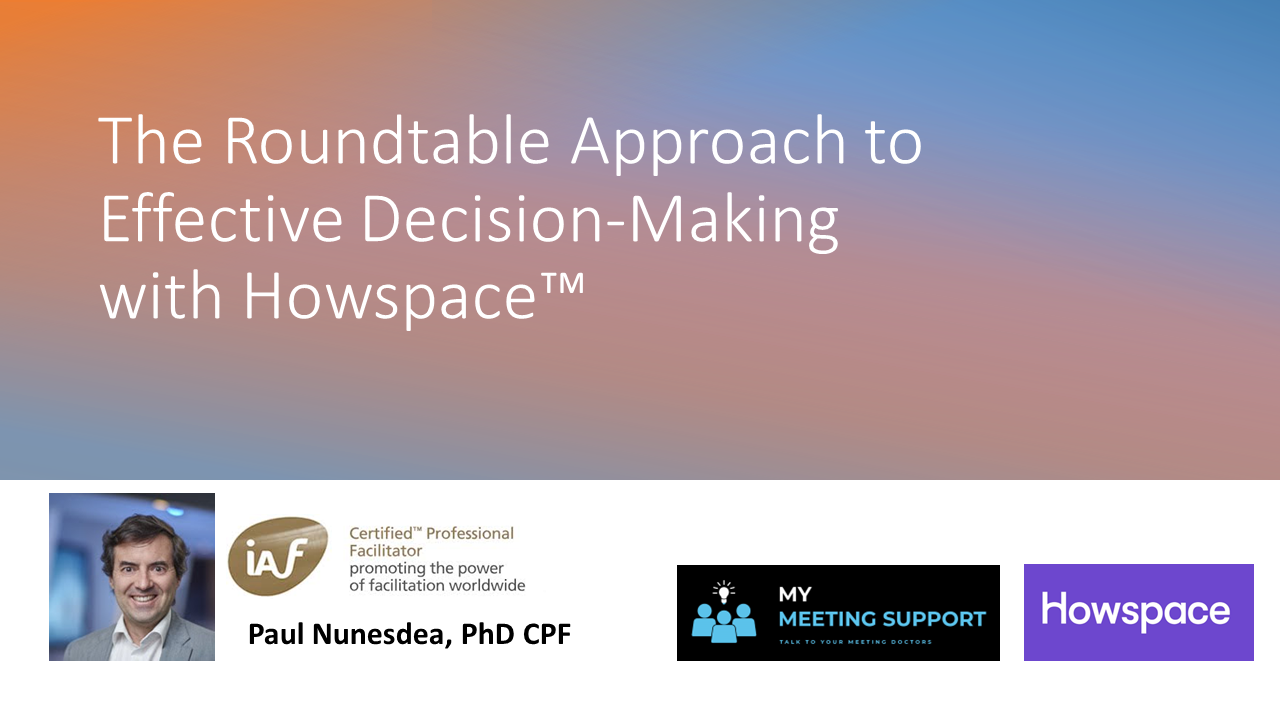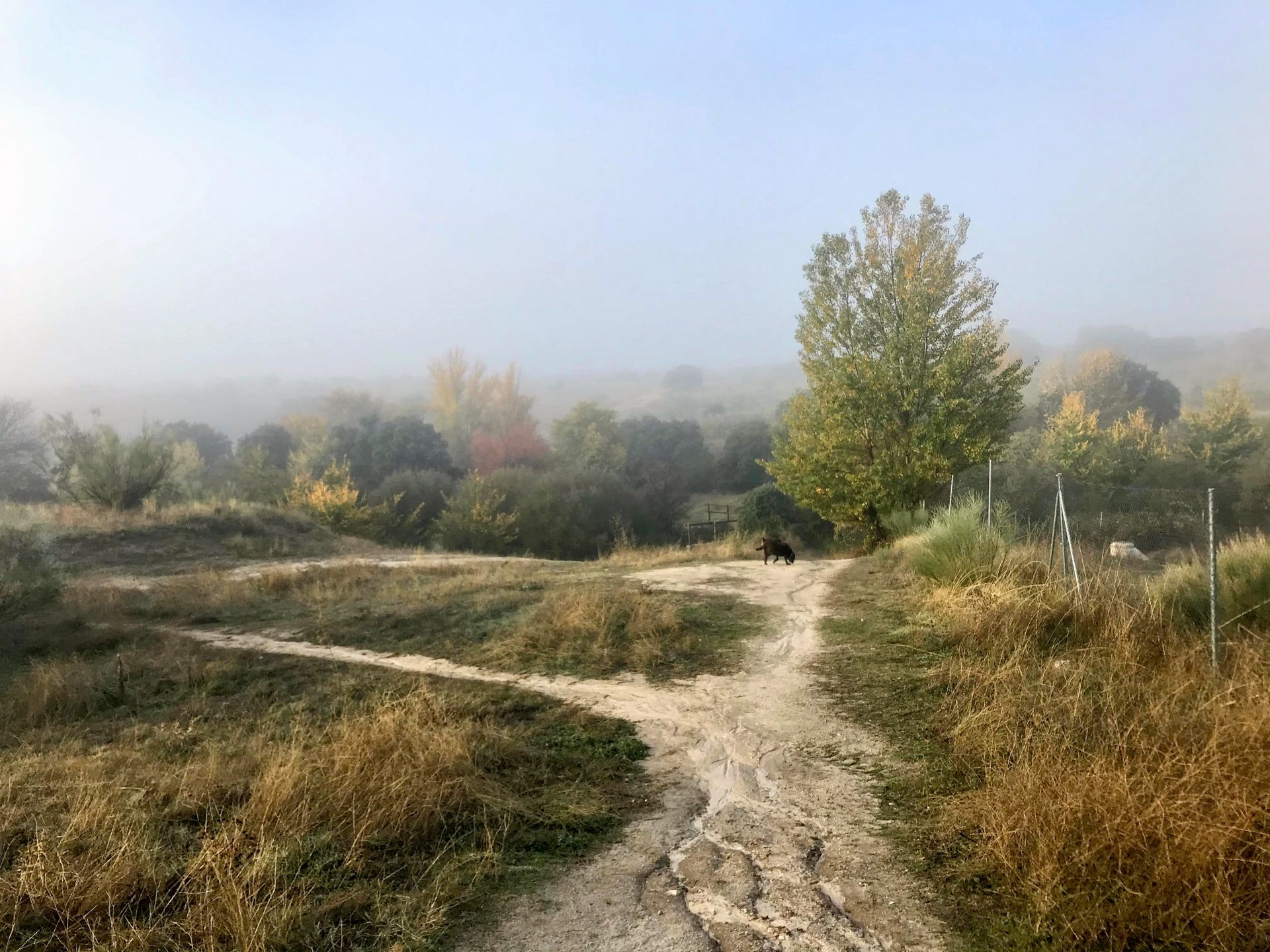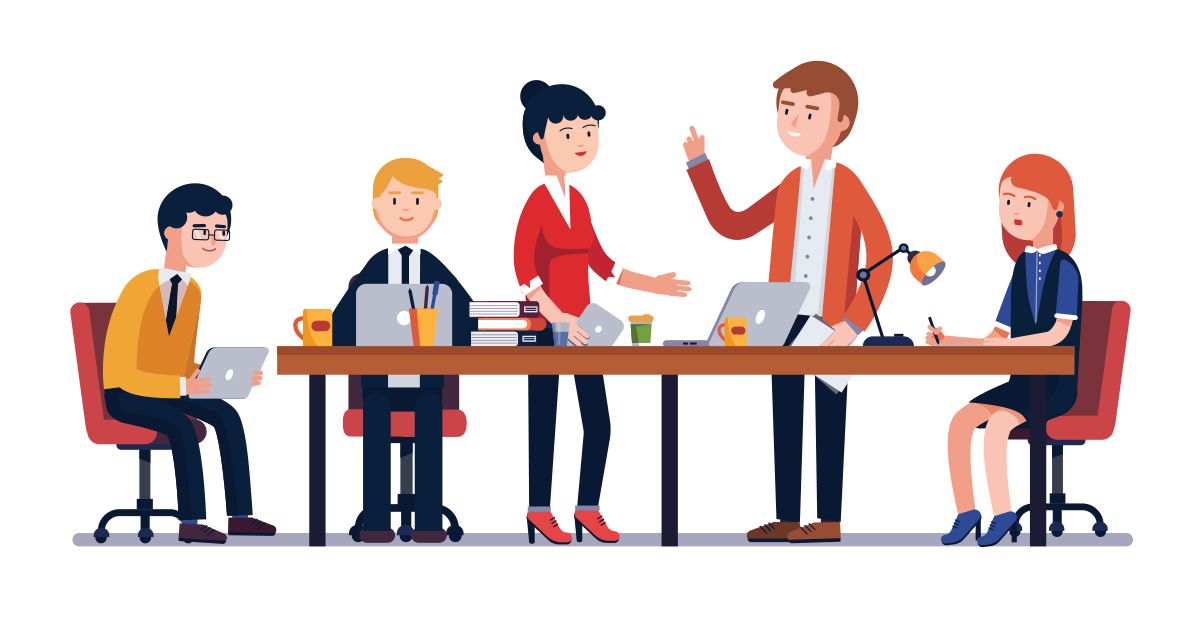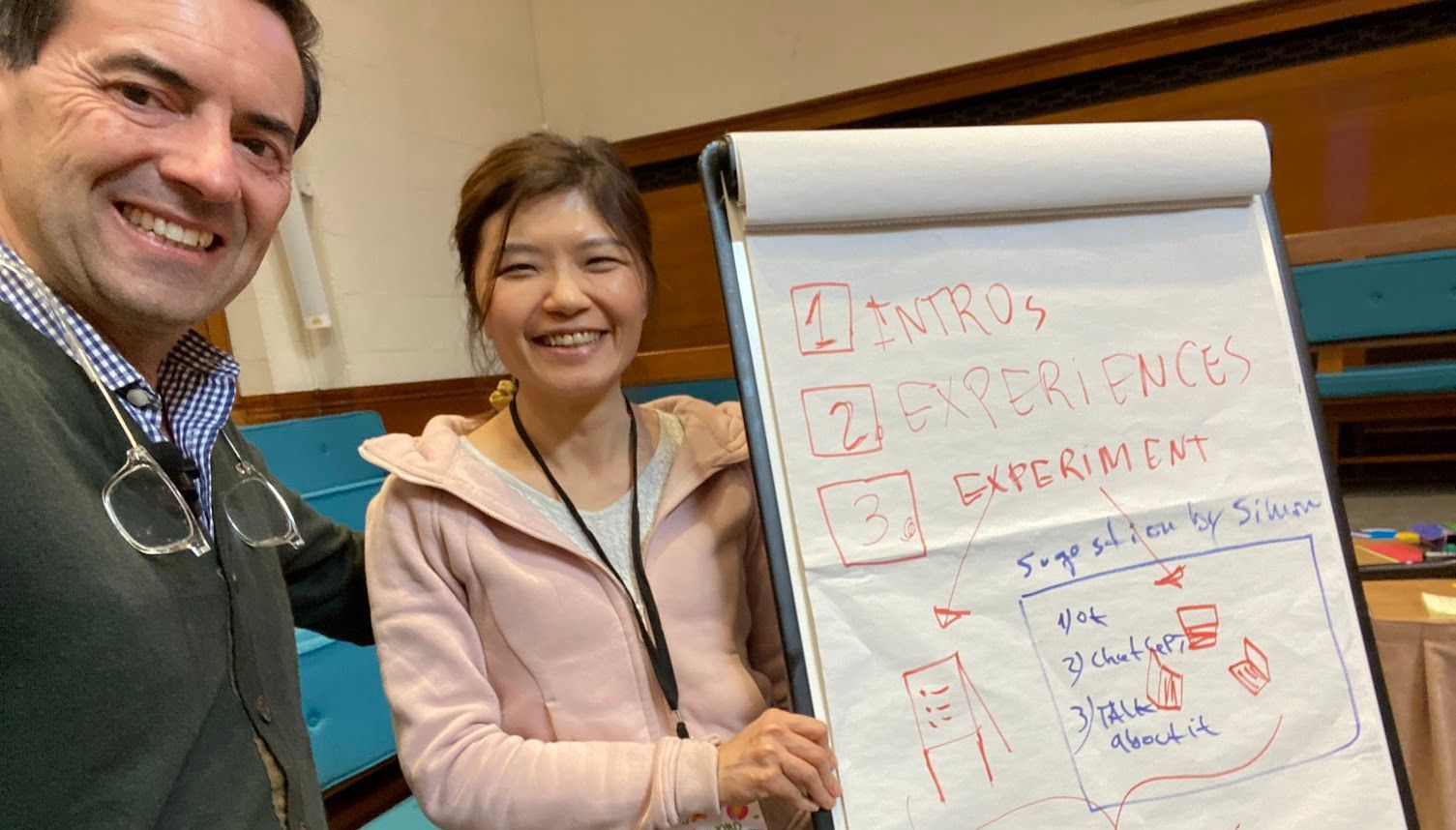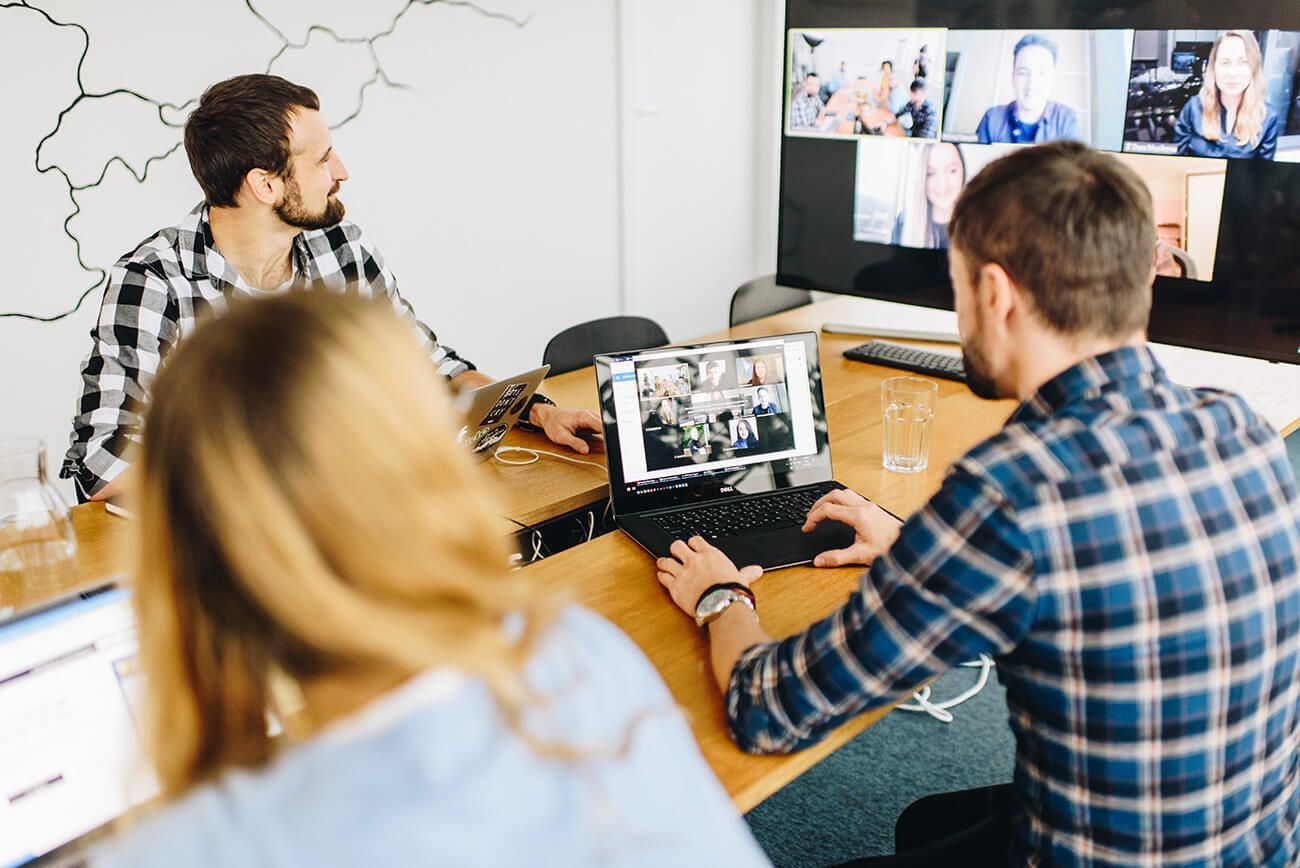Why are workshops so important?
Unlocking the Power of Workshops in Knowledge Sharing and Collaboration

Workshops are a valuable tool for knowledge sharing and professional development. They provide a platform for individuals to gather together, learn new skills, exchange ideas, and collaborate on specific topics or projects.
Here are some reasons why workshops are important:
- Knowledge sharing: Workshops offer a structured environment where experts can share their knowledge and experiences with participants. This allows for the dissemination of valuable information, insights, and best practices in a targeted and interactive manner.
- Skill development: Workshops provide opportunities for individuals to learn new skills or enhance existing ones. Through hands-on activities, practical exercises, and demonstrations, participants can gain valuable expertise in a specific subject area.
- Collaboration and networking: Workshops bring together like-minded individuals who share a common interest or professional background. This facilitates networking and collaboration among participants, fostering the exchange of ideas, experiences, and potential future collaborations.
- Problem-solving and innovation: Workshops often involve interactive sessions that encourage participants to engage in problem-solving activities and brainstorming sessions. These collaborative exercises can lead to innovative solutions and fresh perspectives on challenges faced within a specific domain or industry.
- Motivation and inspiration: Attending workshops can be motivating and inspiring, as they provide opportunities to learn from industry experts and thought leaders. Exposure to new ideas, approaches, and success stories can fuel individuals' motivation and drive for personal and professional growth.
- Continuous learning and professional development: Workshops offer a platform for individuals to stay updated with the latest trends, technologies, and best practices in their respective fields. They provide a space for continuous learning and help professionals stay ahead of the curve.
- Improved productivity and performance: By acquiring new skills, knowledge, and insights through workshops, individuals can enhance their performance and productivity in their professional roles. They can apply the acquired knowledge to solve problems more efficiently and effectively.
Overall, workshops play a vital role in fostering knowledge sharing, skill development, collaboration, and innovation. They provide a dynamic and interactive learning environment that can greatly benefit individuals, organizations, and industries as a whole.
Why should you host a workshop rather than an ordinary meeting?
It's important to consider the purpose, goals, and desired outcomes when deciding whether to host a workshop or a regular meeting. Workshops are generally more suitable when active learning, collaboration, skill development, problem-solving, or in-depth exploration of a topic is required. Regular meetings, on the other hand, are typically more appropriate for updates, status reporting, decision-making, or routine discussions.
Workshops are more appropriate than regular meetings in the followinng situations:
- Skill development: Workshops provide hands-on training and practical exercises to enhance specific skills.
- Problem-solving and brainstorming: Workshops encourage collaboration, creativity, and active participation for generating ideas and solving complex problems.
- Knowledge sharing and learning: Workshops offer a comprehensive learning experience through in-depth discussions, presentations, demonstrations, and interactive sessions.
- Team building and collaboration: Workshops promote team synergy, trust, and collaboration through group exercises and collaborative projects.
- Addressing complex topics: Workshops are suitable for exploring multifaceted subjects in depth, analyzing perspectives, and facilitating comprehensive understanding.
- Active engagement and participation: Workshops encourage participants to contribute their insights, ideas, and experiences through discussions and hands-on activities.
- Achieving specific outcomes: Workshops can be structured to achieve specific deliverables, goals, or outcomes through focused work and progress tracking.
Why should you hire a professional facilitator?
Workshops are important for knowledge sharing, skill development, collaboration, and innovation. They provide a structured and interactive environment where participants can learn, exchange ideas, and solve problems.
Here are the overall conclusions for hiring a professional facilitator to host workshops:
- Expertise and Experience: Professional facilitators bring specialized knowledge, expertise, and experience in designing and delivering effective workshops. They understand instructional techniques, adult learning principles, and group dynamics, ensuring that workshops are engaging, impactful, and tailored to meet the specific objectives.
- Facilitation Skills: Facilitators are skilled in guiding discussions, managing group dynamics, and creating a safe and inclusive environment for participants. They can foster collaboration, encourage active participation, and ensure that everyone's perspectives are heard and valued.
- Objective Perspective: Hiring a professional facilitator brings an objective viewpoint to the workshop. They can provide unbiased guidance, challenge assumptions, and facilitate productive discussions that lead to innovative solutions and outcomes.
- Structure and Flow: Facilitators excel in structuring workshops and creating a logical flow of activities, exercises, and discussions. They ensure that the workshop progresses smoothly, keeping participants engaged and focused on the intended goals.
- Time Management: Professional facilitators are adept at managing time effectively during workshops. They ensure that each activity is allocated the appropriate time, keeping the workshop on schedule and maximizing the productivity of participants.
- Adaptability and Flexibility: Facilitators are skilled at adapting to the needs and dynamics of the group. They can adjust the workshop's approach, pace, and content in real-time to ensure that participants' goals and expectations are met.
- Maximizing Participant Engagement: Facilitators employ various interactive techniques, exercises, and discussions to engage participants actively. They create a participatory environment that encourages learning, collaboration, and the exchange of ideas.
- Enhanced Learning Outcomes: With a professional facilitator leading the workshop, participants are more likely to achieve the desired learning outcomes. The facilitator's expertise and guidance enable participants to gain valuable knowledge, skills, and insights in a focused and impactful manner.
By hiring a professional facilitator, organizations can optimize the workshop experience, ensuring that it is well-designed, effectively delivered, and achieves the intended objectives. The facilitator's expertise and facilitation skills contribute to a more engaging, productive, and successful workshop that maximizes participant learning, collaboration, and innovation.
Further reading
- Conversations, meetings and workshops - What's the difference? Read this LinkedIn Pulse article.
- How to run virtual workshops Read this LinkedIn Pulse article.
- Group Discussion Support Systems Read this LinkedIn Pulse article.
- Collaboration vs. group decision-making Read this LinkedIn Pulse article.
Please note that this is not a handbook about group facilitation. It's just a curated collection of published articles transformed in chapters and organised according to a nine section structure where I map the IAF core competencies. You can purchase it on Amazon here
About us
My Meeting Support, through its parent company col.lab | collaboration laboratory Ltd, aims to revolutionize the way events and training programs are managed. By bringing together a community of experienced facilitators and leveraging the power of Howspace™, it provides services that are not just about executing an event or a training session, but about crafting unique experiences that promote collaboration, learning, and engagement. It's about fostering connections and creating environments where ideas can thrive and lead to actionable outcomes. This approach ensures that every event is not just a fleeting moment but a lasting impact.
"Talk To Your Meeting Doctors" is a dynamic and engaging series that aims to address common challenges faced in meetings and offer expert advice and strategies to enhance meeting effectiveness. As co-hosts, Paul Nunesdea and Martin Duffy bring their wealth of experience and expertise to the forefront, sharing practical insights and facilitating discussions on topics such as meeting design, participant engagement, decision-making processes, and fostering a culture of collaboration.
This LinkedIn Live event series serves as a valuable platform for professionals from diverse industries and backgrounds to gain actionable knowledge, exchange ideas, and discover innovative approaches to optimize their meeting experiences. By leveraging the expertise of Paul Nunesdea and Martin Duffy, participants can tap into a wealth of practical guidance and best practices that will enable them to transform their meetings into productive, meaningful, and impactful sessions.
Check out the next upcoming episodes: here and our training courses here.
Follow Us
"Be brave enough to start conversations that matter and shift the direction of change for the better."
col.lab | collaboration laboratory is a spin-off from the book series " Architecting Collaboration " and our privacy policy can be consulted here
My Meeting Support is an event services brand by col.lab | collaboration laboratory






